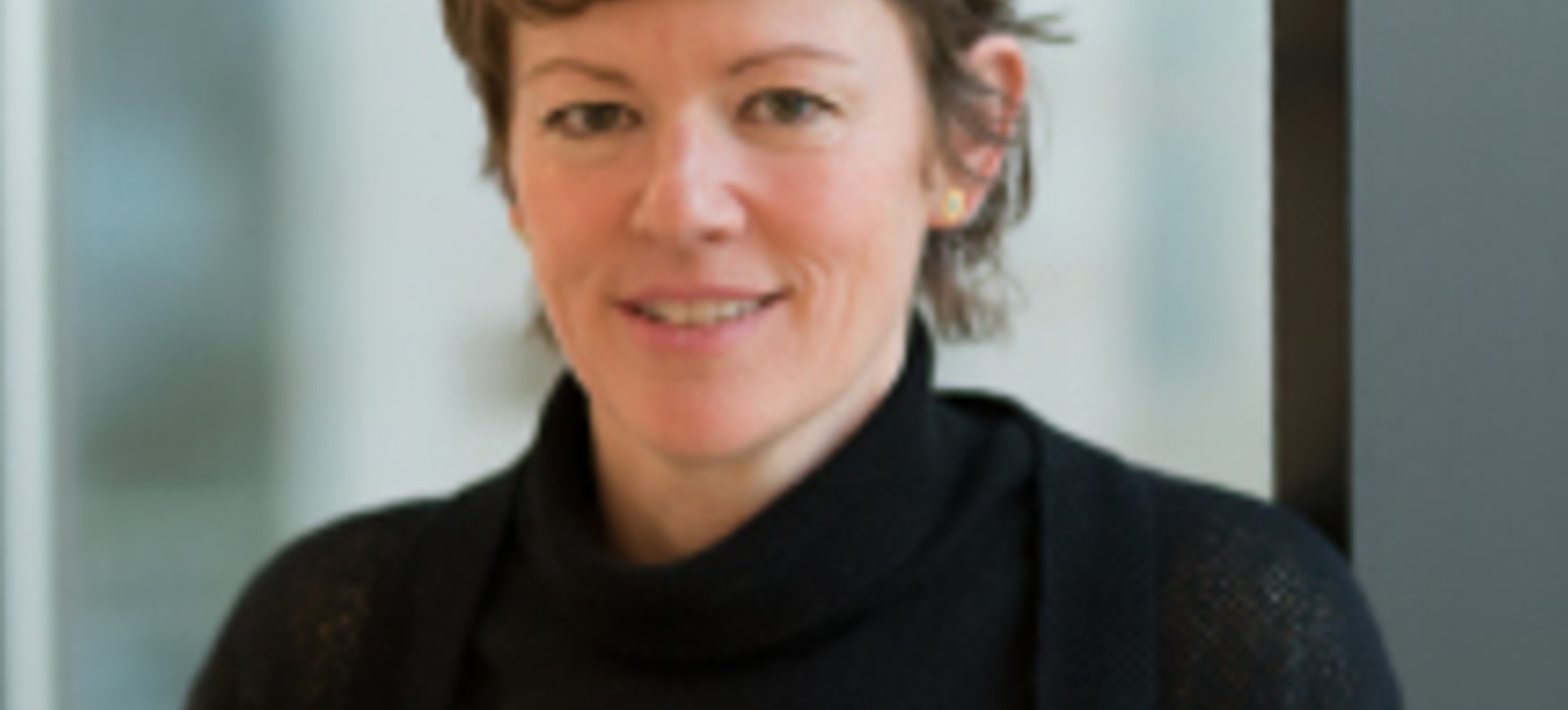
- A WBS academic has developed a module for students to develop soft skills
- It is called CORE (Creative, Organised, Reflective, Enterprising) Practice
- The brainchild of Rachel Dickinson, she believes it can help students thrive
- The module takes away the 'safety' of desks to help encourage participation
University isn’t just about the certificate at the end of it, just as business isn’t all about following procedures, strategies and formulas to get the right result – most of all it is about people.
Working with them, managing them, encouraging, persuading, arguing, and learning from them, perhaps even leading them.
Related study: WBS Undergraduate courses
And people and relationships are complex. Learning how to deal with others, influence them, build a team without egos, working towards a common cause or goal is an art that takes more than a textbook to master.
Having the confidence to be honest with colleagues, your boss, and subordinates and to do it with impact and integrity is a skill that can take years to learn – some never do.
Rachel Dickinson, Principal Teaching Fellow in WBS Create, has developed a module, named CORE (Creative, Organised, Reflective, Enterprising) Practice, that creates space in the undergraduate curriculum to focus on these very things.
“CORE Practice has been designed to support students’ transition from formal education into undergraduate study,” says Ms Dickinson, who has won the highest accolade in teaching for the pioneering module by being awarded a National Teaching Fellowship.
“By operating as part of a team, face-to-face and online, CORE provides a foundation for developing a range of core competencies to help students thrive not only here at WBS, but also in the graduate job market.
“This is a chance for students to challenge existing behaviours, explore, reflect and act on who you want to be. Developing soft skills sought by employees today can help grow soft power in the future. The more you know about yourself, the more you can shape and influence others.”

For Ms Dickinson while university is a time to develop intellectually, it is also a time to grow emotionally. To do that WBS looks to challenge and expand students’ perception of what a learner and learning is, so their journey to becoming a confident and team-orientated member of the workplace can start.
This all begins in the ‘Create Space’ – a sprung-floor open studio with no desks – where, using methods from the rehearsal rooms of theatres, students can safely dissolve their egos and re-imagine themselves into somebody ready to make their mark on the world.
Ms Dickinson adds: “Ensemble-based learning means working and experimenting together, where trust is built overtime in collaborative and creative contexts and where individual voices are grown in the in the company of others. In CORE learning is a shared experience.”
The Create Space helps students to learn the more practical, social and professional behaviours they will need in business and how to apply what they have learned in the lecture theatre.
Students are interviewed on video and look back at it to see where their presentation style and delivery can be improved, so they learn how to make a great first impression.
“Many students arrive having experienced formal education in rows or at desks, where learning is front facing and information driven.” says Ms Dickinson. “The shift into an open space offers students a new and different perspective of themselves and how they view and grow their knowledge of the world.
“The safety of a desk is removed and the space opens up to encourage participation, with students sharing as well as celebrating differences as they learn with and from one another.”
In the Create Space students are introduced to learning which is embodied, balancing thought and action and where the body is valued equally to the mind, as a powerful communicative resource.
Tudor Fecioru, a BSc Accounting and Finance student, found the module challenging but ultimately illuminating.
“I liked the fact that the main focus of CORE Practice is not on what it can teach us, but what we can learn from being active in class,” says Tudor.
“At the same time it was challenging as we had to express ourselves in front of a full classroom, which is a contrast to other modules. This helped me step out of my comfort zone and I can gladly say that in the end I was really confident when engaging with different students from my course, especially when I had to present my point of view.
“What impressed me the most was the openness we learnt and how we communicated together, which created a welcoming environment.”

Students are also asked to bring a photo of where they are from to the first session to reveal in brilliant colour images of culture as they all merge into something new at WBS.
“We have people from all over the world coming to Warwick,” says Ms Dickinson. “The photograph exercise offers a valuable insight into the cultural diversity of the student cohort and complex identity of the class.
“It highlights similarities as much as it does differences, offering a tremendously rich learning opportunity. It brings student’s past into the present, positioning themselves at the centre of the learning experience, reminding them where they have come from and steps towards imagining their future self.”
University is about growing students’ knowledge, but CORE Practice takes that a step further by looking to grow the person for a life of learning.
“Learning doesn’t stop when you leave university,” says Ms Dickinson. “When these young adults enter the business world being curious, flexible and entrepreneurial in how they think will make the difference between surviving and thriving in an increasingly uncertain and complex world.”




 X
X Facebook
Facebook LinkedIn
LinkedIn YouTube
YouTube Instagram
Instagram Tiktok
Tiktok